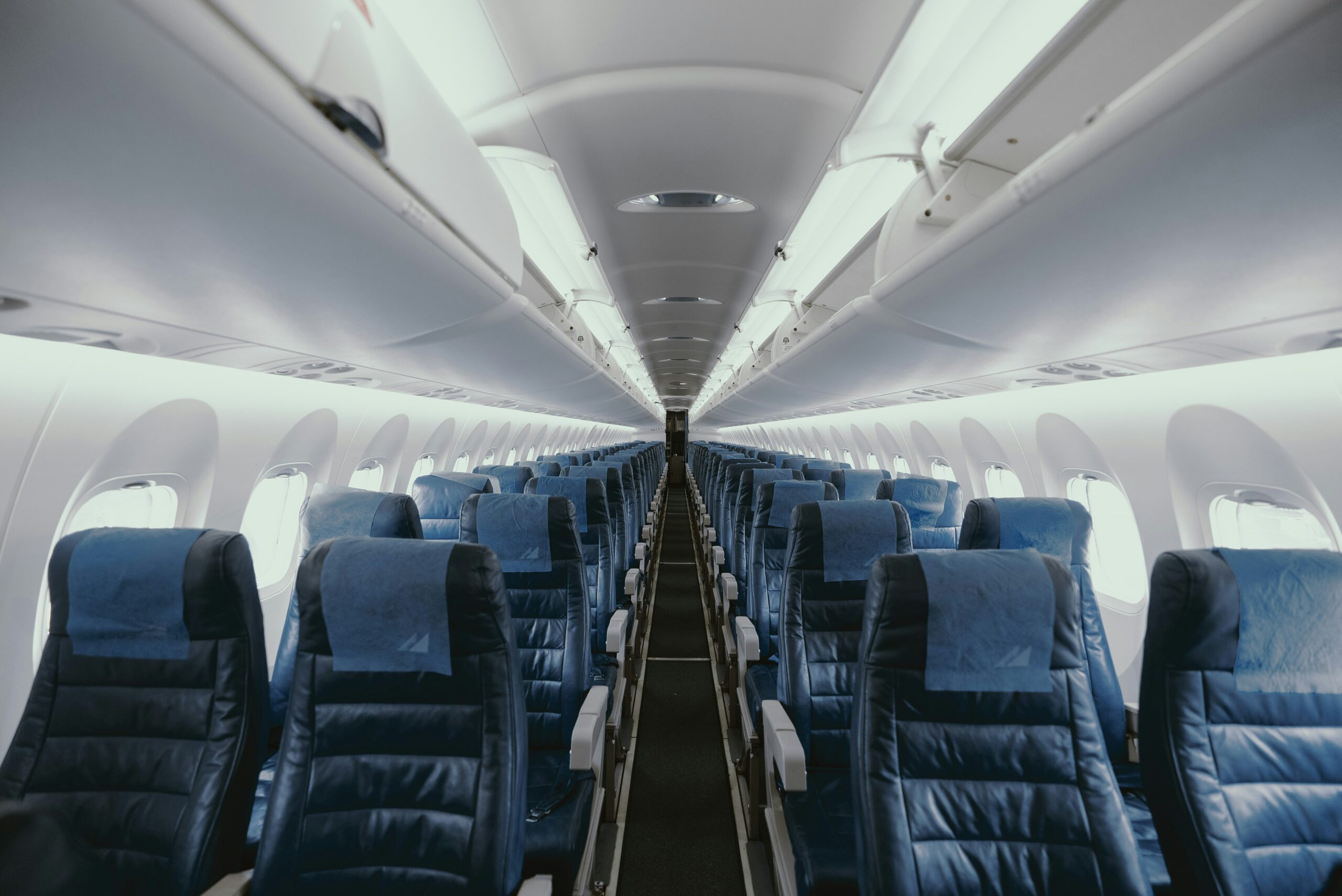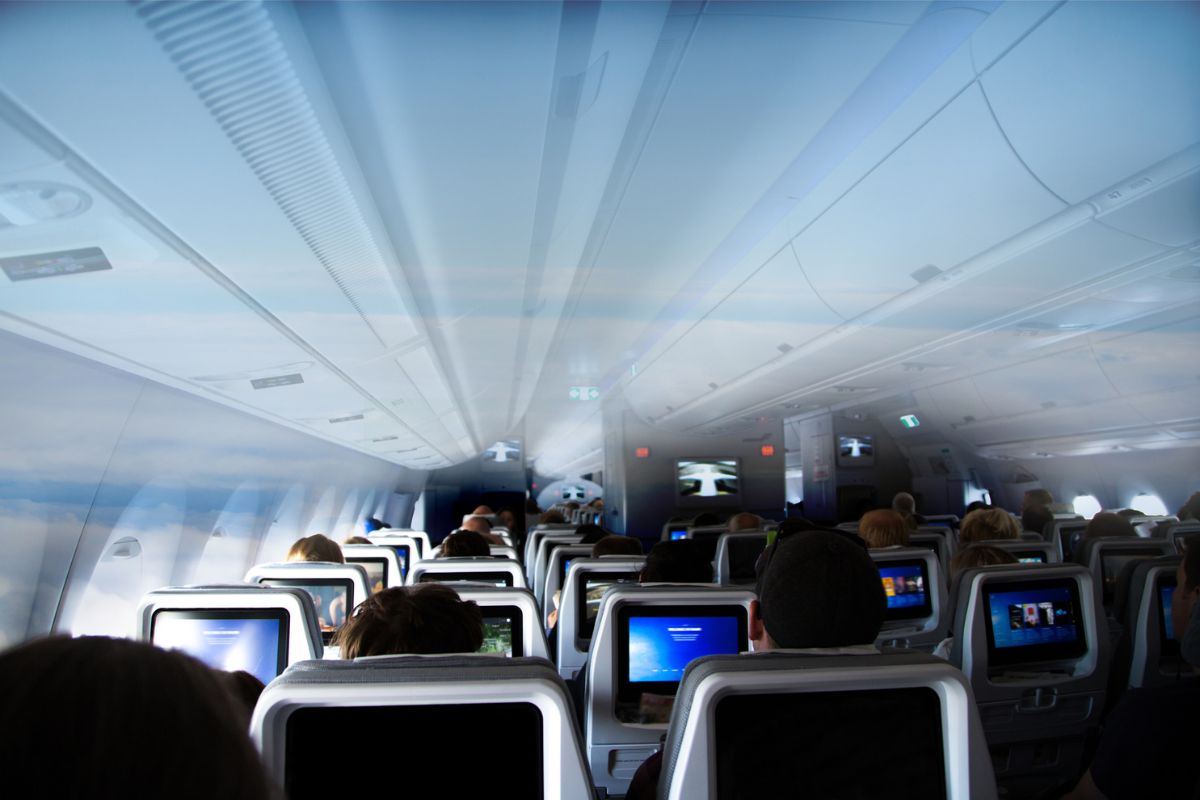A Federal Air Marshal is a highly skilled law enforcement agent who operates onboard planes. These people are responsible for protecting both passengers and crew members. They are deployed so that they can assess, address, and mitigate potential threats to air transportation and travelers at risk. The job is not easy, especially because air marshals board planes undercover and are the last line of defense.
Countless movies depict air marshals as mysterious and complicated loners on a mission to protect their fellow passengers. Some popular picks that travelers may recognize are “Non-Stop” with Liam Neeson and “Air Marshal” with Dean Cochran. Even comedies like “You Again” with Dwayne “The Rock” Johnson feature air marshals characters as strong authority figures.
Despite these film depictions, many people believe they have never even seen an air marshal. While this may be true, travelers have likely been on the same plane with a marshal if they are frequent fliers. Many air marshals are beginning to speak up about their experiences, which may make them less secretive keepers of the peace. Black air marshals, like Esther Fausett, in particular, may even inspire others to join the line of defense for travelers.
More On Federal Air Marshals

A federal air marshal is a pretty secretive job, but Esther Fausett has shared what she could about her career in in-flight law enforcement with the public. Fausett is currently an Assistant Supervisory Air Marshal in Charge (ASAC) of the Washington field office. At the time of her application, she was studying cellular biochemistry on a premed track. After graduation, she became an agricultural specialist with Customs and Border Protection. When she was 25, she finally received a call about the job and became a marshal within the year. She later served as a liaison to the F.B.I., Department of Homeland Security’s Center for Countering Human Trafficking, and Customs and Border Protection.
Her training was done in two phases. The first phase included the Uniform Police Training Program. Candidates went over firearm safety, constitutional law, active threat response tactics, use of force, and more. The second phase covered other topics. Candidates went over inflight tactics, advanced firearms, observation techniques, control tactics, and more. Overall, the process of becoming a marshal is rigorous and takes diverse talents.
How To Become An Air Marshal
The are basic and more elaborate requirements to become an air marshal. There are many skills that candidates have to showcase to be named a marshal. These include identifying offenses against the United States, administering investigative activities, and more.
Technically, the basic eligibility requirements are not very complicated. A potential federal air marshal needs to be a US citizen (or National), have a valid driver’s license, and be between the ages of 21 and 36 years old. Special exceptions may apply to veterans over the age of 36. A background check, polygraph exam, and medical screening are also a part of the screening process.
Other than that, it is important to know that air marshals can do more than in-flight security. They can cover many law-enforcement-related functions with the Visible Intermodal Prevention and Response (VIPR) Program. Some of these duties include surveillance, random visits, and general patrol in transit centers.
The World Needs More Black Air Marshals
Unfortunately, the demographics for this in-flight security role are not very flattering. People of color and women are still a major minority in this profession, even in 2024. In the U.S., females only make up a little over 10 percent of air marshalls. This percentage has not shifted much over the last ten years. In terms of race, the numbers are not looking too great either. It is estimated that Black or African American people only make up around 12 percent of air marshals.
People like Esther Fausett are not represented as often. There are even recent lawsuits by Black air marshals that express dissatisfaction due to racial discrimination. Just last year, on November 29, four Black air marshals sued the Transportation Security Administration (TSA) for alleged discrimination in promotion decisions. The class-action lawsuit that was filed claimed that well-qualified Black applicants were being passed up for less qualified white candidates.
The chain of command for federal air marshals is very clear but with such limited promotion options, the discrimination was palpable. The first role is the Federal Air Marshal (FAM) then the Supervisory Federal Air Marshal (SFAM), the Assistant Supervisory Air Marshal in Charge (ASAC), and finally the Supervisory Air Marshal in Charge (SAC). Hopefully, in the future, the path will be clear for Black air marshals to succeed in such an honorable profession.





